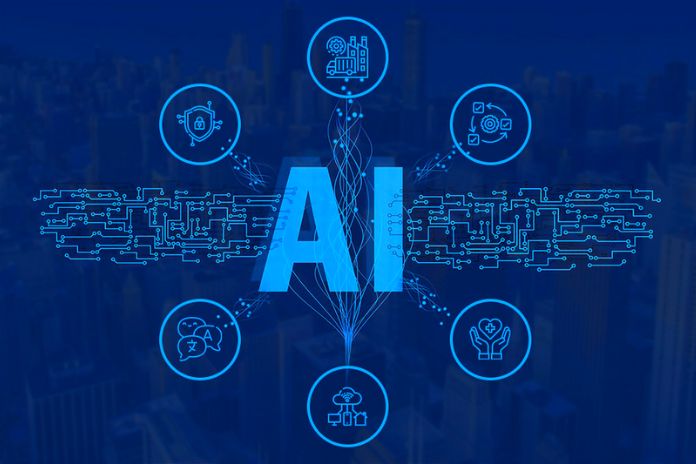Artificial Intelligence: The demands within companies increasingly need to keep up with the advancement of technology. Therefore, the application of Artificial Intelligence contributes considerably to optimizing these processes.
In the current context, innovating in technology within an institution is necessary for the objectives and results to be achieved. The implementation of Artificial Intelligence in several segments has brought enormous benefits, especially in industrial sectors, in which this technological solution has proved to be very relevant and promising.
In this sense, the implementation of Artificial Intelligence has been increasingly necessary and encouraged by all, given the constant growth of technologies and competition within the market; those companies that decide to optimize their activities will have more speed and efficiency in the results.
What Are The Main Applications Of Artificial Intelligence In Industries?
AI has proven to be remarkably effective in automating various industrial processes. According to Clinton, the main applications concern predictive maintenance to identify, in advance, possible problems with the machines, thus speeding up the revisions.
It also highlights that the use of recommendation and predictive systems also act on the recommendations since, when applied, they help to recommend the best actions to be taken.
There are also anomaly detection solutions, which analyze data from the machines’ sensors to monitor their health in real-time. In addition, the expert says that having computer vision to identify imperfections in products from images is also a critical AI tool within an industry. Check out some enabling technologies that work together with AI!
Big Data: Quickly and efficiently collects and analyzes large-scale data in various formats quickly and efficiently.
Machine Learning: Different types of learning are applied to detect and fix production issues
Robots: Application of robotics to perform various industrial actions
What Are The Benefits Of Applying Artificial Intelligence In Industries?
Safer Environments
When industries use intelligent machines, their employees have more security. They will not need to be placed in dangerous situations since activities that have a particular risk are now carried out by automation.
Predictive Maintenance
Industries constantly need to carry out preventive maintenance and, with the help of intelligent technologies, faster determination of the need for repairs of parts, for example, makes tasks more accessible and more efficient and reduces machine damage.
Decreased Failures
The technology allows the development of intelligent algorithms to obtain reports for analysis so that tasks are automated. Given this, human failures are reduced.
Optimization Of Communication In The Industry
Considering that, for the execution of activities to occur efficiently, it is necessary to install communication networks. AI also contributes enormously to the effectiveness in this sector since it allows for a faster sharing of information, improving, thus, productivity.
Production Sequencing
The application of AI is also very effective in the production process on large scales, increasing the capacity of inventories in industries to meet better and faster delivery times.
An Industry That Uses Artificial Intelligence And One That Doesn’t?
Faced with the world’s modernization, today’s industry does not invest in the technology sector and is at a considerable disadvantage in the market.
When an industry does not adopt Artificial Intelligence, productivity slows down. It is unaware of the potential of existing data and information within its institution for decision-making, which makes strategic planning or any other action, in the process as a whole, less assertive.
When AI is adopted, the exact opposite occurs: there is more knowledge and speed in the decision-making and strategic planning processes and the optimization of the execution of actions within the industrial environment.
When industries understand that the best way to accelerate the achievement of results is the implementation of intelligent mechanisms, planning for investment becomes an easier path to follow, also depending, of course, on the company’s budget.
Also Read: How Can Artificial Intelligence Leverage The Results Of A Company?

